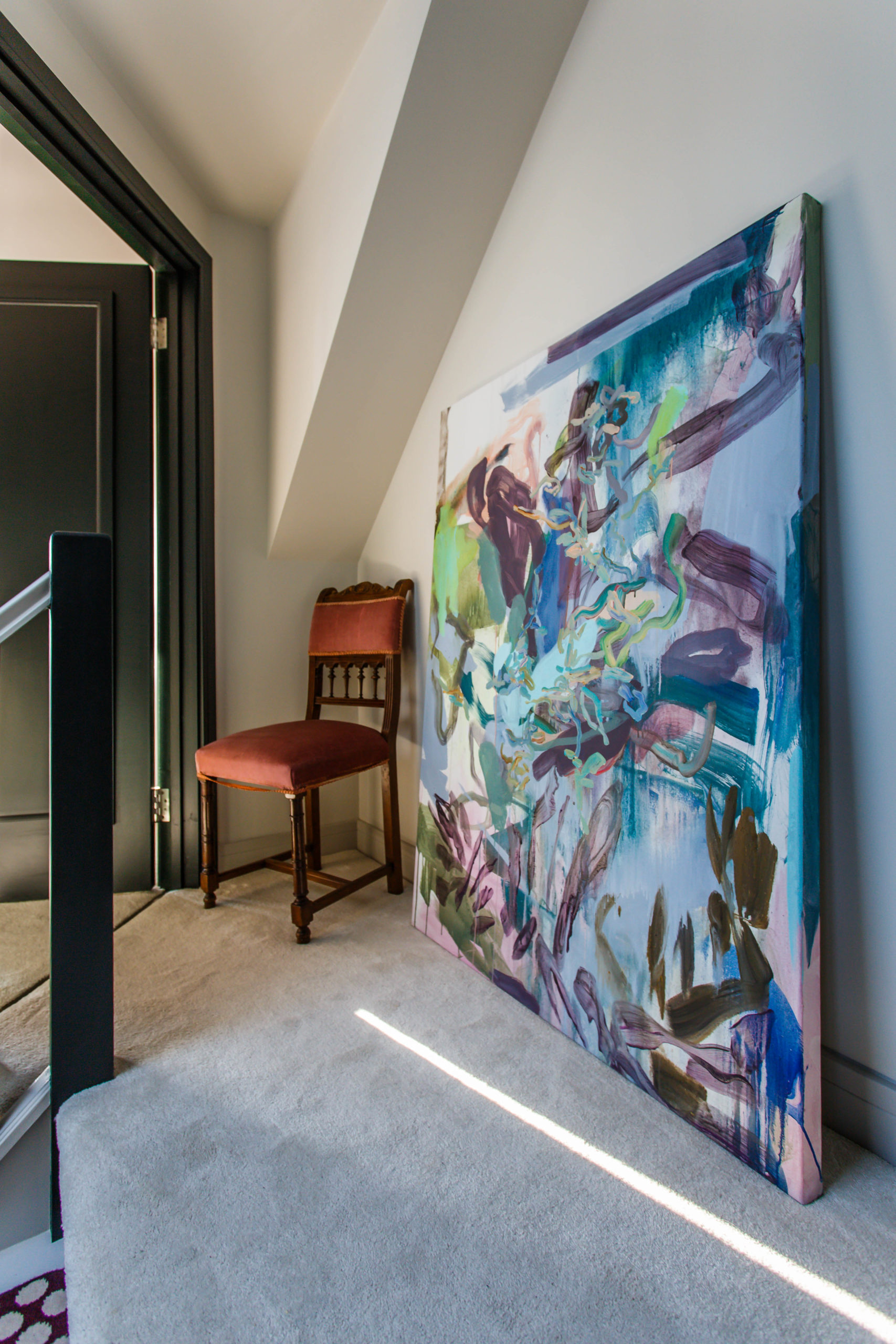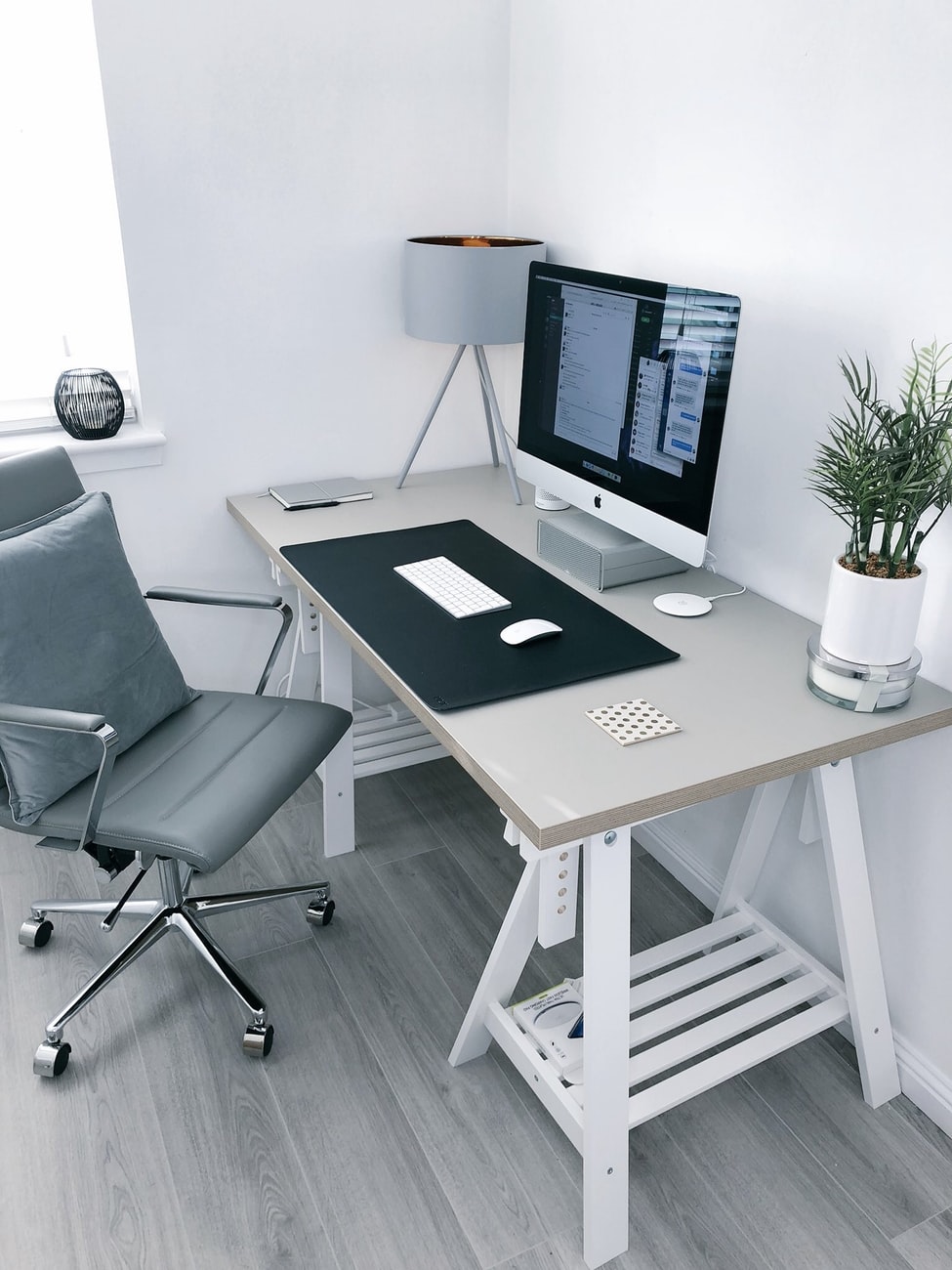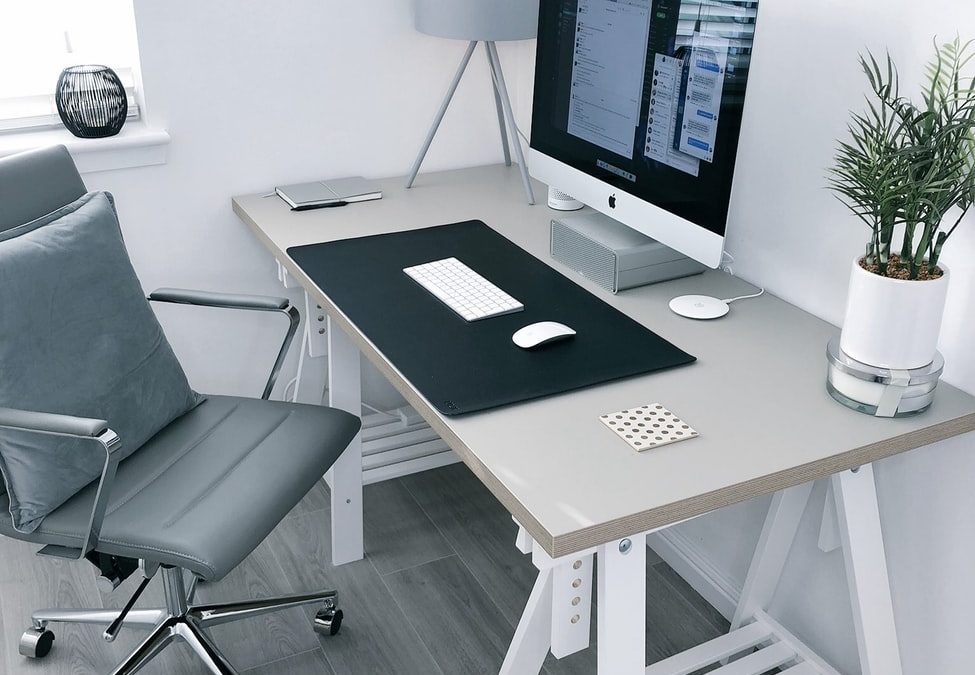Short of providing more space for a growing family and investing in the value of a home, the third major reason that our clients speak to us about getting a loft conversion is to provide space for a new or growing business. Perhaps you’re self employed and just want a better office space. Or maybe your business requires a specialist area, whether that’s a yoga room, a space for beauty therapy, or a sewing room. Or perhaps you’re a creative who could use the space for the benefit of your endeavours – an artist with a painting studio, or a musician with a recording studio, for example.

So, if you’re using part of your loft conversion for business purposes, can you claim some of the cost of the loft as a business expense? The long and short of it is no – you cannot claim your loft conversion as a business expense.
This is because generally, in accounting terms, a loft conversion acts as a ‘building’ and not a ‘structure’. A building is immovable, and is subject to increases in value. Because you personally will benefit from this increase in value when your home is sold, it would not be possible to set your loft conversion up as a business expense. A structure, on the other hand, is deemed ‘movable’ by a business. Whilst there are cases to be made for improvements to a home that aren’t attached to the house itself (such as a garden cabin) as being ‘structures’ rather than ‘buildings’, a loft conversion is firmly rooted within your house itself. But it doesn’t mean that you won’t be able to claim anything…
Claiming part of the expenses
Whilst you cannot claim for the building of the loft conversion itself, it’s not all bad news. You can make numerous claims outside of the build costs to convert the space into an area for business.
Perhaps most applicable to everyone is that certain decorative elements will typically be tax deductible. Painting, decorating and carpeting are all elements of the loft that can claimed on business expenses, at least for those areas which will be used for business. It’s important to speak to your decorative team to provide two separate invoices. You’ll need one for the areas that are for personal use, and a second one for the areas that are for business use (with the latter being made out to your business).
If you need to buy office equipment, such as chairs, desks, computers, filing cabinets etc. you’ll find these are all capital allowances, and thus are tax deductible providing they’re used solely for the business.

Meanwhile specialised equipment that’s required for you to do your job properly is also tax deductible. Perhaps you’re a massage therapist and you plan to install a therapy table, or maybe you’re a hairdresser and want to put together an in-home salon – this is the kind of stuff that you can claim the tax back on.
Capital Gains allowance
When it comes to personal tax relief, there’s some good news too. In certain circumstances, you may need to pay Capital Gains Tax on your loft conversion due to how it changes the value of your home.
When it comes to Capital Gains Tax, you can deduct the costs of improving your property from the final tax bill that you’d need to pay. This will only likely occur if you lose some of your Principal Private Residence relief on your home, due to having an area designated for business.
However, we would always advise looking to utilise areas of the loft used for business for other personal purposes too, such as a bedroom, lounge space, personal library etc. as this way it continues to be applicable to the Principal Private Residence relief you get on your home.
Renting your home as a business expense
A final option is to set up an agreement between yourself and your business to rent an area of your loft. This means that effectively you’ll be paying yourself rental income from your business if you work as a limited company, just as you would pay to rent an office from someone else. The expense paid from the business is tax deductible, as in this case no enduring asset is set up by the business itself – you simply need to set up a license agreement between yourself and your business (which is effectively a separate party in this case).
This may make sense to you financially, or it may not. One big caveat to all of the above is that every single person and every single business will be in a different financial situation with regards to how their business is set up and the assets that it owns. Therefore it’s very important to seek advice from your accountant around all of this, but hopefully this article provides you with some basic pointers for what you may or may not claim if you are looking to turn a part of your loft conversion into a space for your business.
